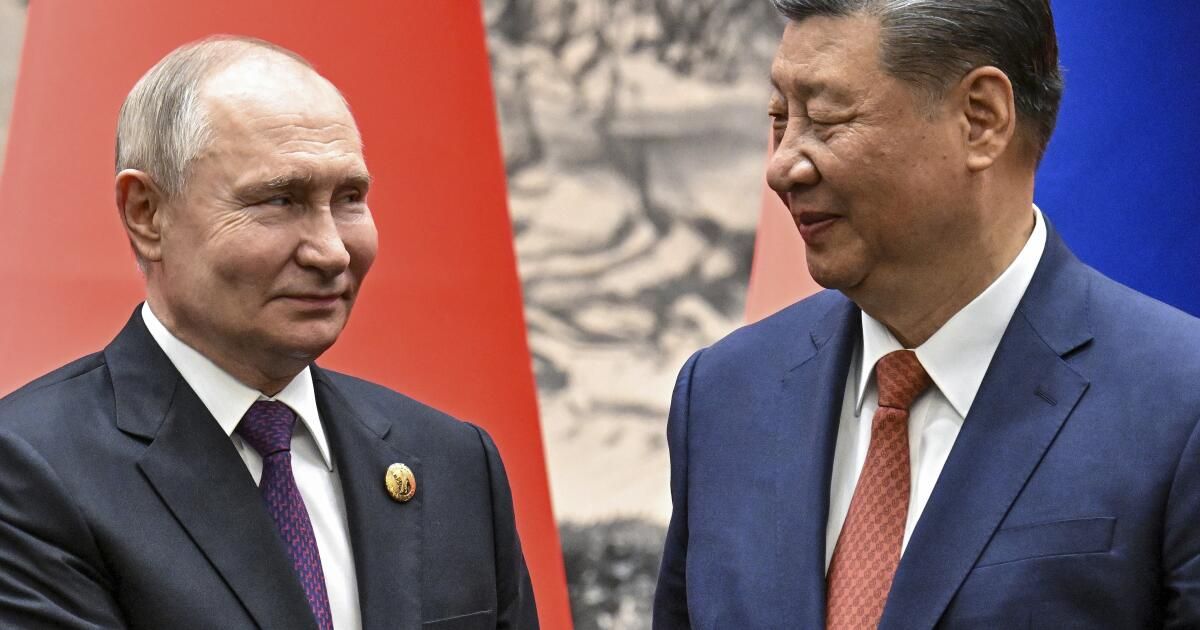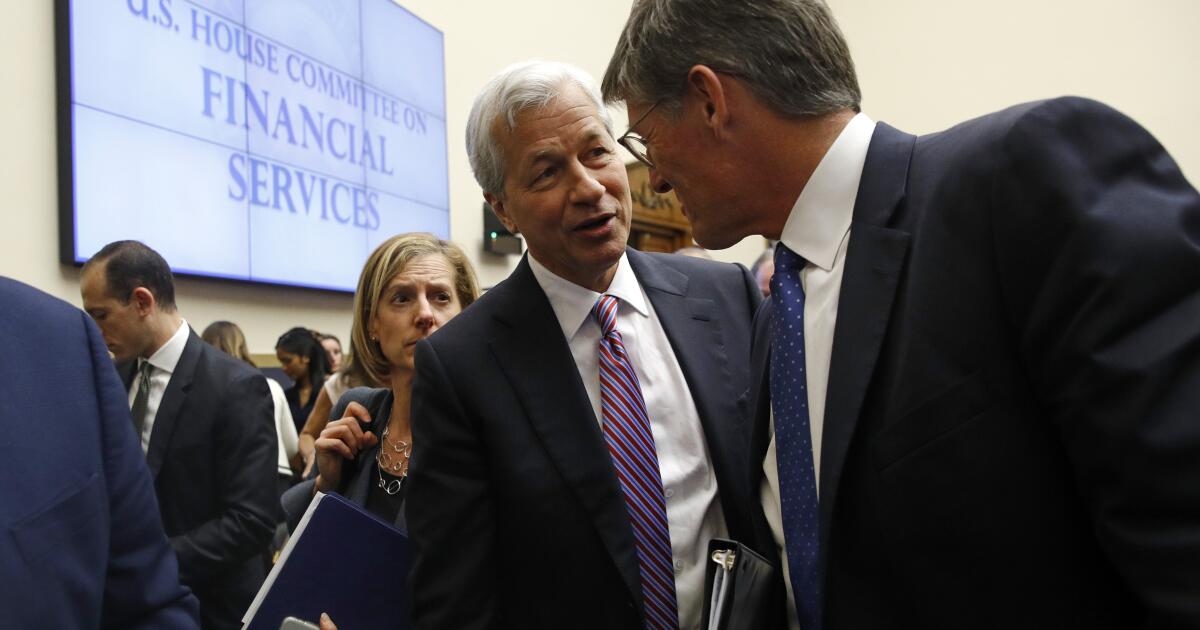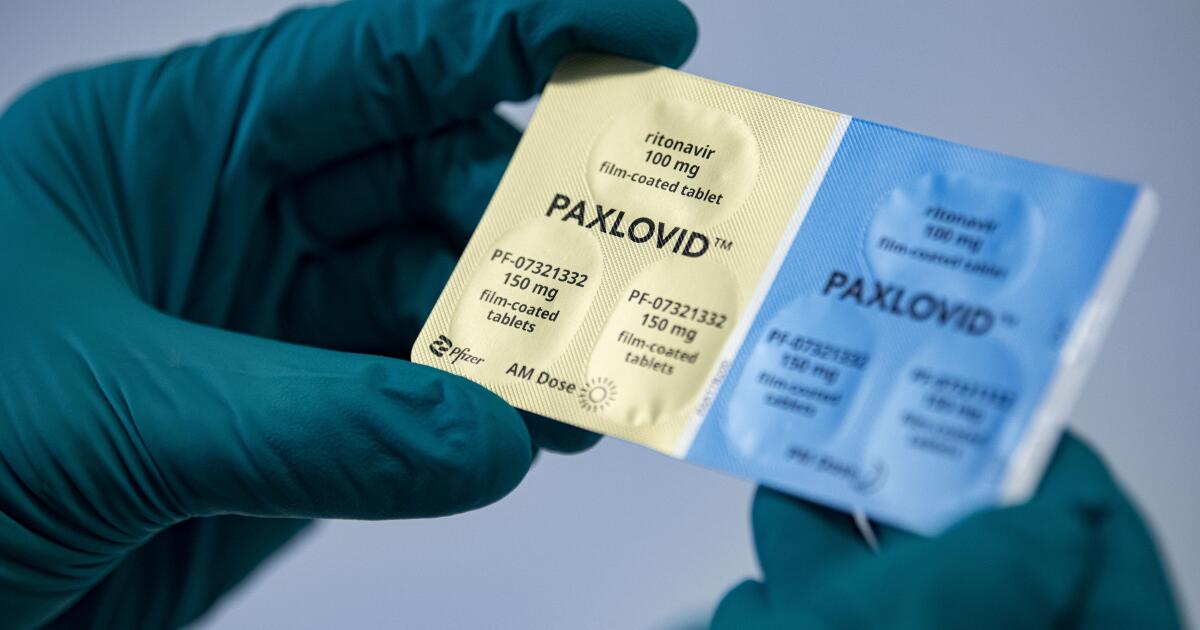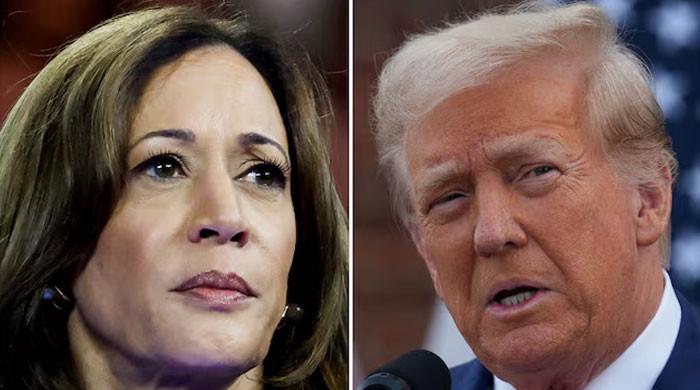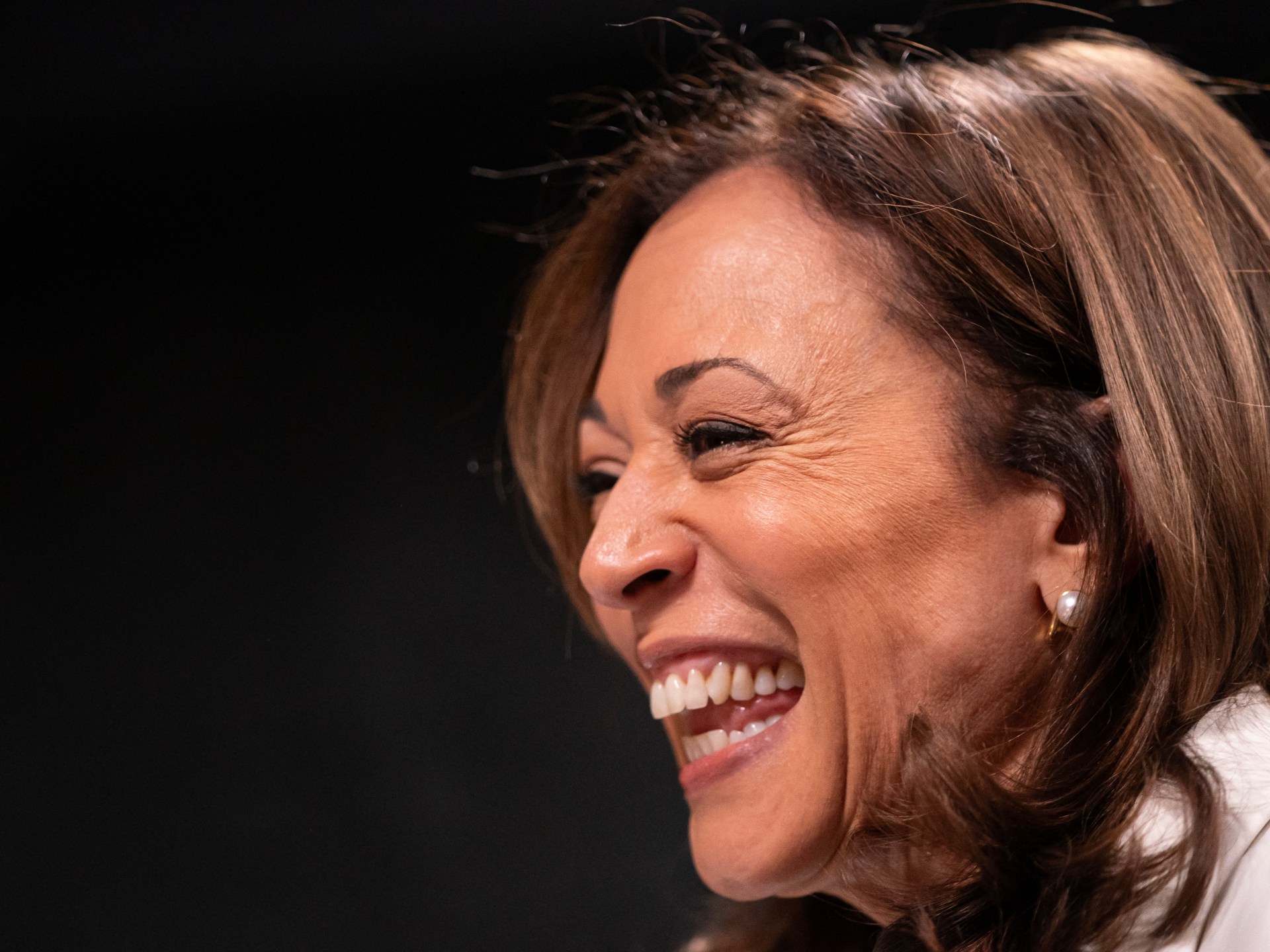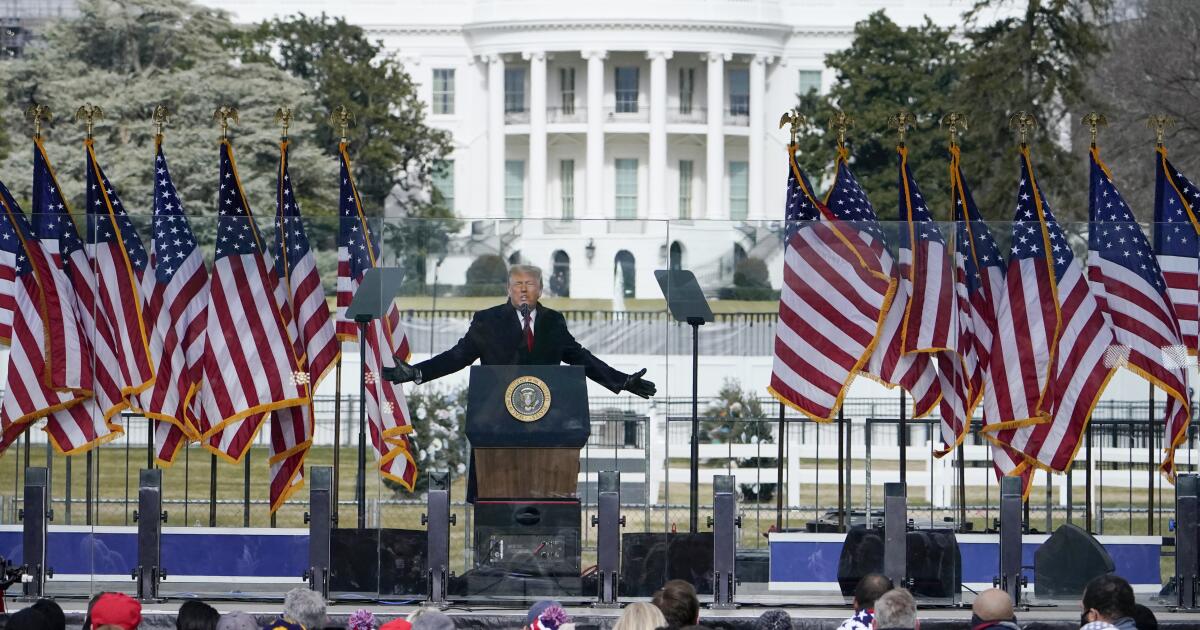Russian President Vladimir Putin and Chinese President Xi Jinping showcased their countries' partnership on a red carpet in Beijing on Thursday, aiming to project a unified alternative to the West as both face pressures amid the war. Moscow against Ukraine.
President Xi welcomed Putin outside the Great Hall of the People as uniformed bands played, soldiers stood at attention, and cannons and rifles were fired.
The welcome and celebration of 75 years of diplomatic relations was followed by a two-and-a-half-hour meeting and joint press conference, where the leaders signed statements to deepen cooperation between their nations.
“China-Russia relations have stood the test of time and become even stronger,” Xi said in televised remarks after the meeting with Putin. “The generational friendship and comprehensive cooperation between China and Russia have formed a strong driving force that allows us to move forward without fear of wind and rain.”
Putin's two-day visit, his first international trip since beginning his unprecedented fifth term as president amid a crackdown on his opposition, came as both countries faced pressure or isolation from the West. The United States has warned Xi against enabling Putin's attack on Ukraine through greater trade and economic cooperation.
“It's about symbolism,” said Alexey Muraviev, associate professor of national security and strategic studies at Curtin University in Western Australia. “It is a springboard that will mark a turn in bilateral relations over the next five or six years.”
During the press conference, Xi referred to the meeting as a new beginning in history for the two nations and touted growing bilateral trade that has nearly doubled in the past 10 years to more than $240 billion.
China has benefited from cheap energy imports from Russia, and Putin said Thursday that the country would buy more Chinese electric vehicles just as the United States has slapped tariffs on them.
But having China as a trading partner has been critical to keeping Russia's war efforts afloat, after sanctions following Putin's invasion of Ukraine crippled its economy. That economic dependence has given Xi a slight advantage.
“In 1950, the Soviet Union was the big brother. Now the situation is different. With its economy, China is an older brother of Russia,” Muraviev said.
While Russia has more experience in political negotiations and has a more powerful military and nuclear arsenal, Muraviev said, China's economic power has been an important determining factor in the balance of power. Russia's advances on the battlefield could tip the balance in Putin's favor.
“Given Russia's current successes in Ukraine, this could put Putin in a stronger position against Xi,” he said. “He is willing to negotiate, but on Russia's terms.”
Despite the exuberant commemoration of the 75th anniversary of diplomatic relations, neighboring countries have often found themselves at odds.
Analysts have described their recent collaboration – a “no holds barred” pact announced just before Russia's full invasion of Ukraine – as a union of convenience and a desire to remain united against what they see as US hegemony and containment. .
Together, the two leaders pose a greater threat to a common adversary and can work to discredit the United States on the global stage, said Philipp Ivanov, a China-Russia analyst and founder of the consulting firm Geopolitical Risks + Strategy Practice.
“China and Russia are working together to make American economic power appear replaceable,” Ivanov said. “If both can credibly demonstrate that they can survive and thrive under enormous pressure from the United States (and in the case of Russia, under isolation), this will be another nail in the coffin of the US-led international order.”
Hu Xijin, former editor-in-chief of the Global Times, the Communist Party tabloid, said on social media Thursday that China and Russia have come together out of necessity rather than true alliance in a cause.
“Right now China is facing large-scale repression from the United States and also Russia,” he said. “It is inevitable that these two great countries will get closer in strategy and geopolitics.”
According to the Russian news agency Tass, Putin said in his talks with Xi that cooperation between Russia and China is not directed against a particular country.
“Our cooperation in world affairs is today one of the main stabilizing factors in the international arena,” Tass quoted the Russian leader as saying.
Still, there are limits to how far Xi will go for Putin. On Thursday, Xi called Russia a good partner, a good neighbor and a good friend. But both leaders have stopped short of declaring a formal alliance, indicating a reluctance to commit to fully backing the other country.
“They both have unique agendas. The other side may not want to be fully involved in that,” Muraviev said. “They recognize that once they slide down that path, it could be uncomfortable for both of them.”
China has also not supplied weapons to Russia in its war against Ukraine, but has boosted trade in other goods, such as components that Western officials say could be used to make weapons.
“If China claims, on the one hand, to want good relations with Europe and other countries, it cannot, on the other hand, be fueling what is the greatest threat to European security since the end of the Cold War,” said the Secretary of State of the United States, Antony. J. Blinken said during a trip to Beijing last month.
The United States has tried to discourage China from helping Russia, even drafting sanctions against some Chinese banks for aiding war efforts, according to media reports.
“Xi is not willing to pay a price for supporting Putin or Russia,” said Steve Tsang, director of the SOAS China Institute at the University of London. He said he hoped the countries would try to determine “how they can work more closely, with China strengthening its support for Russia without triggering secondary sanctions against China itself.”
As it has helped Russia resist diplomatic and economic isolation, China has offered peace plans but has not asked Russia to withdraw its troops from Ukraine.
Xi has portrayed China as a neutral party to the conflict and a potential mediator. At the press conference with Putin, Xi said that he advocates “a political solution to the Ukraine crisis.”
In an interview with China's official state news agency, Xinhua, before his arrival, Putin said he is open to a dialogue on Ukraine.
“We have never refused to negotiate,” Putin said in the Xinhua article. “But such negotiations must take into account the interests of all countries involved in the conflict, including ours.”
Special correspondent Xin-yun Wu in Taipei contributed to this report.

